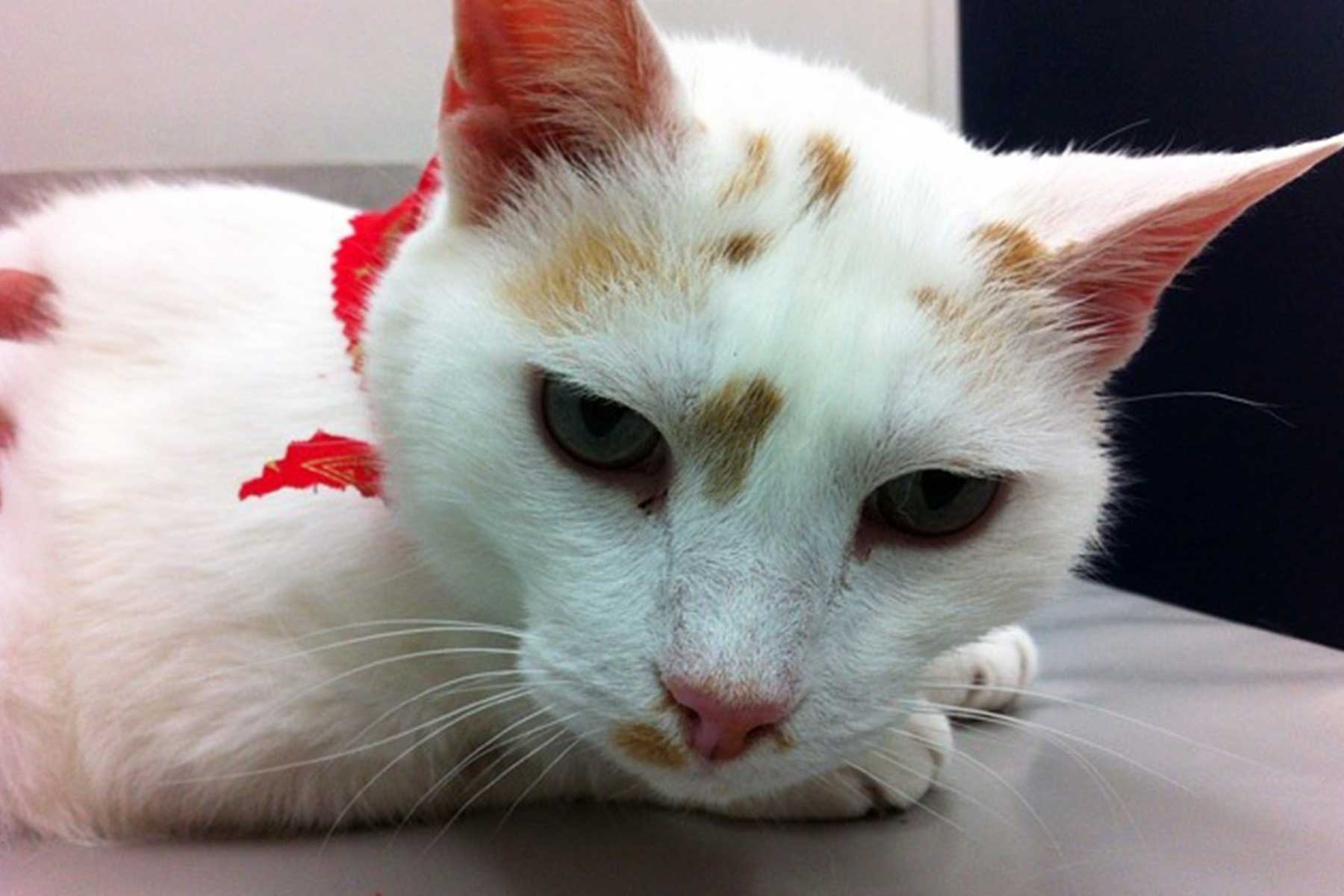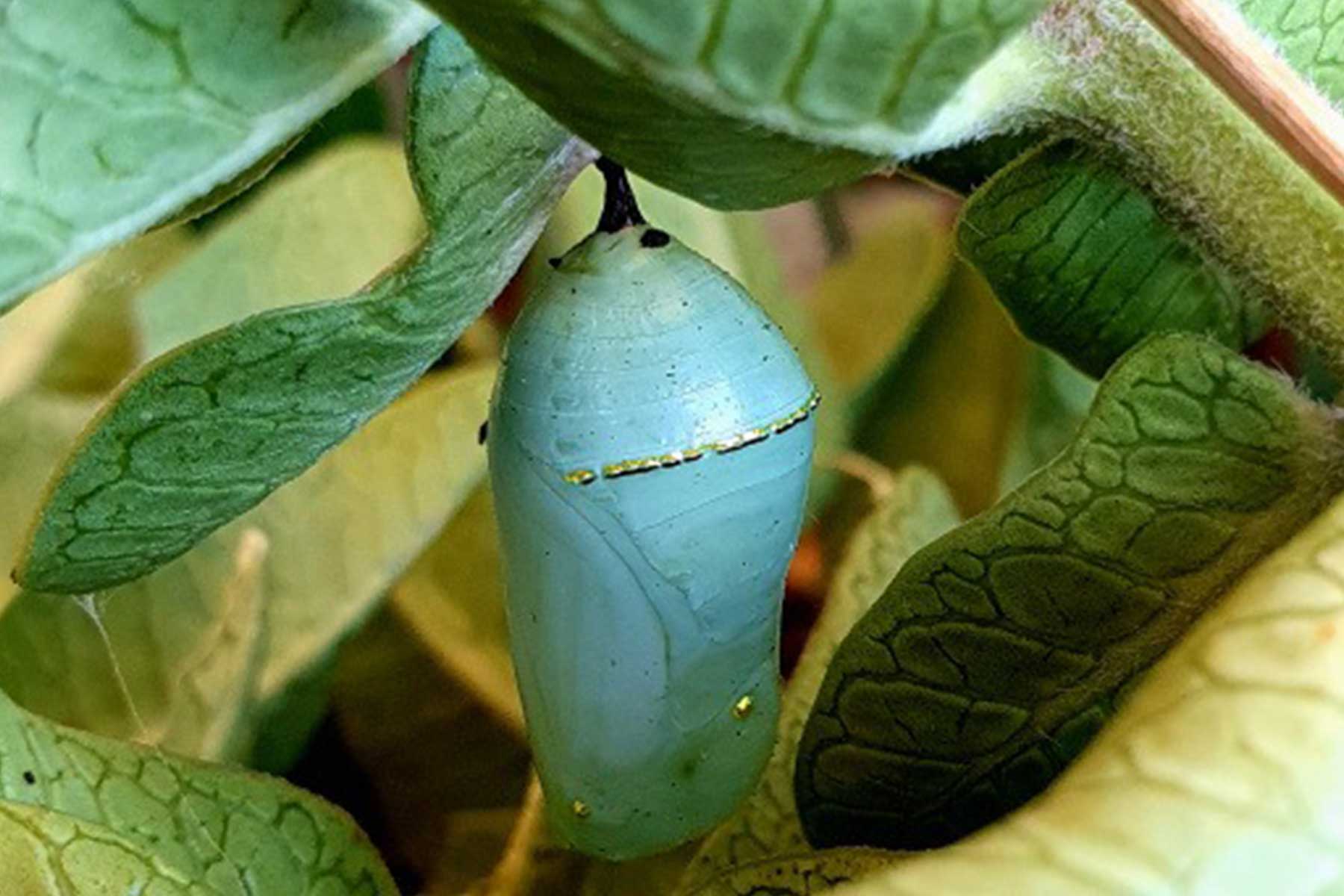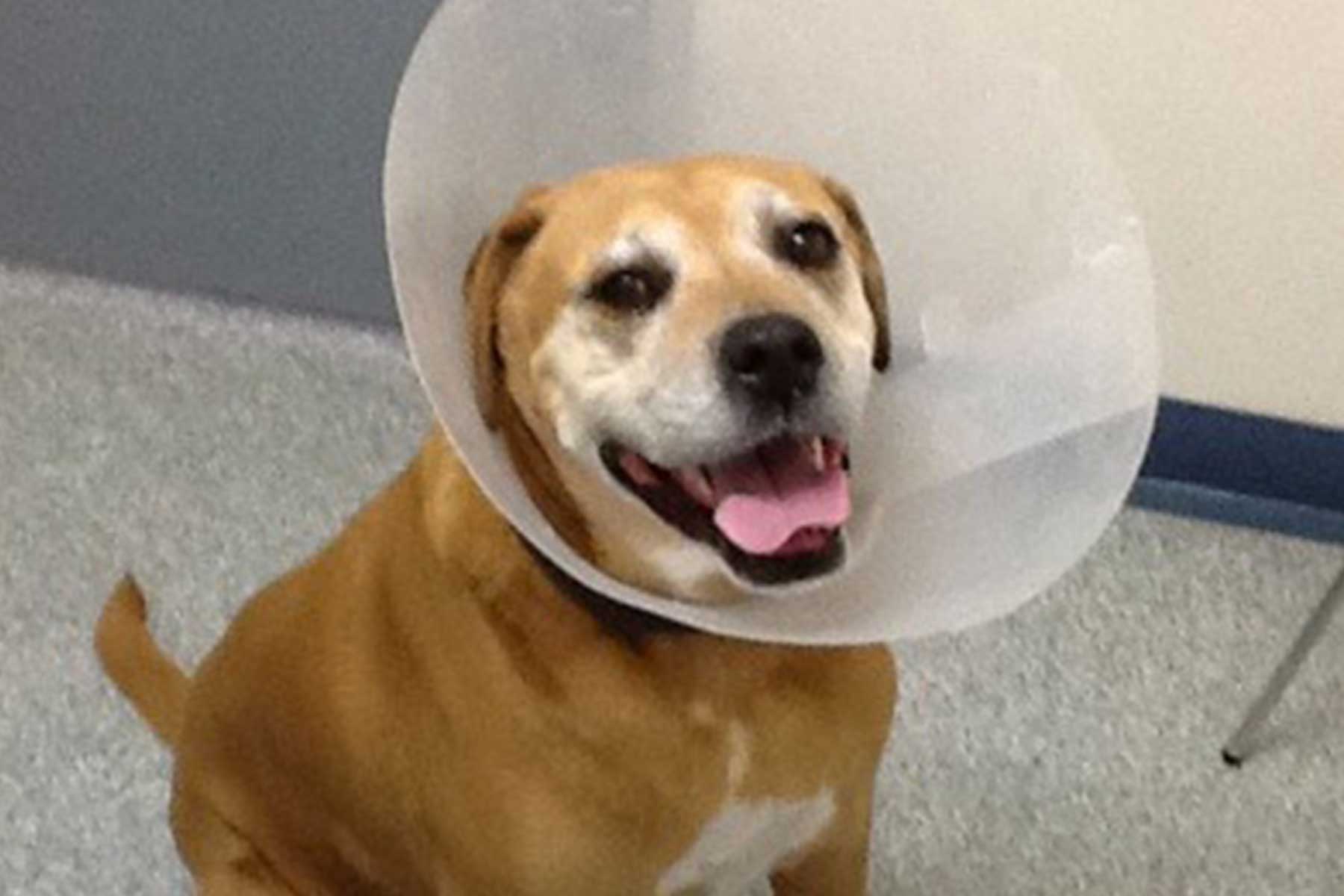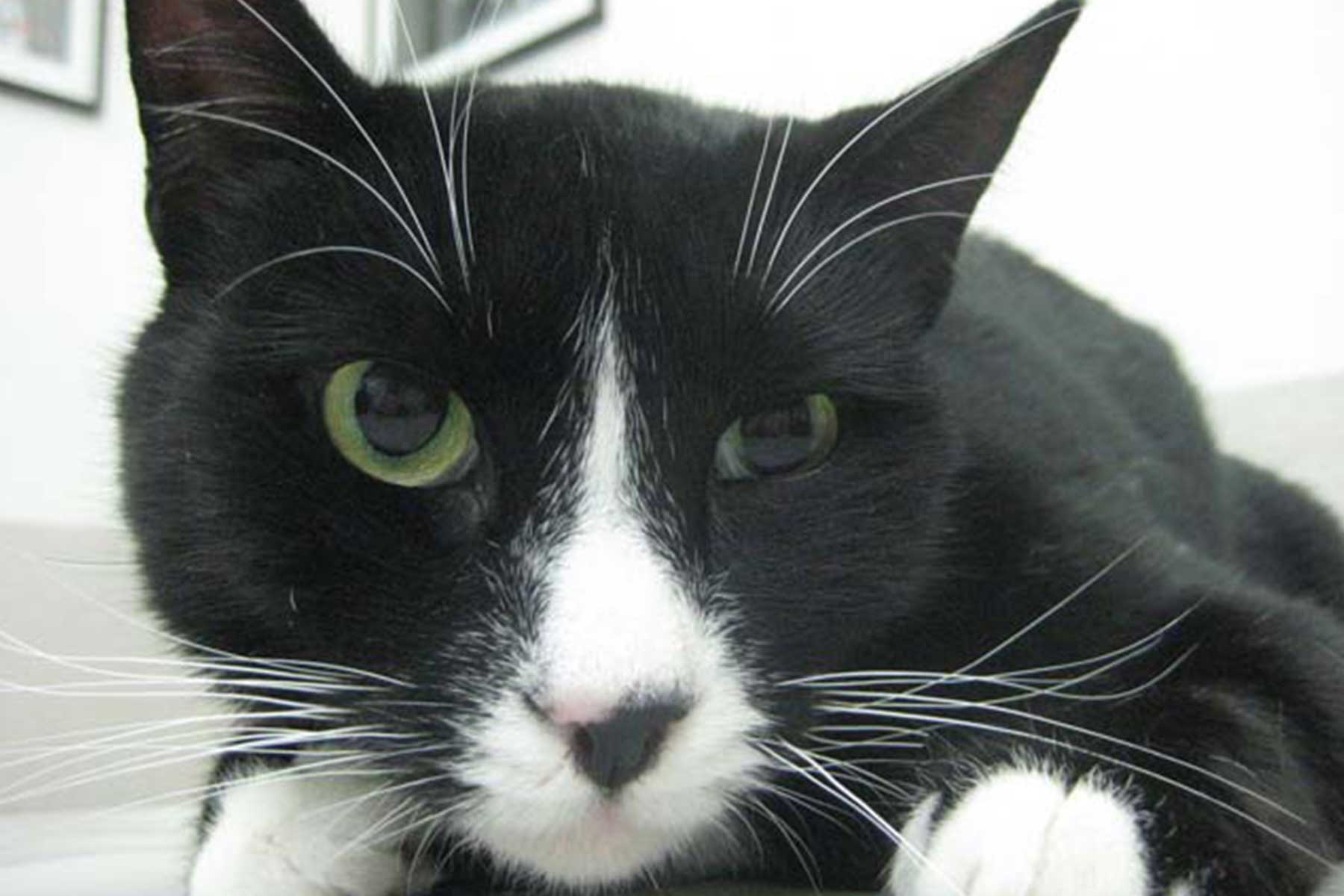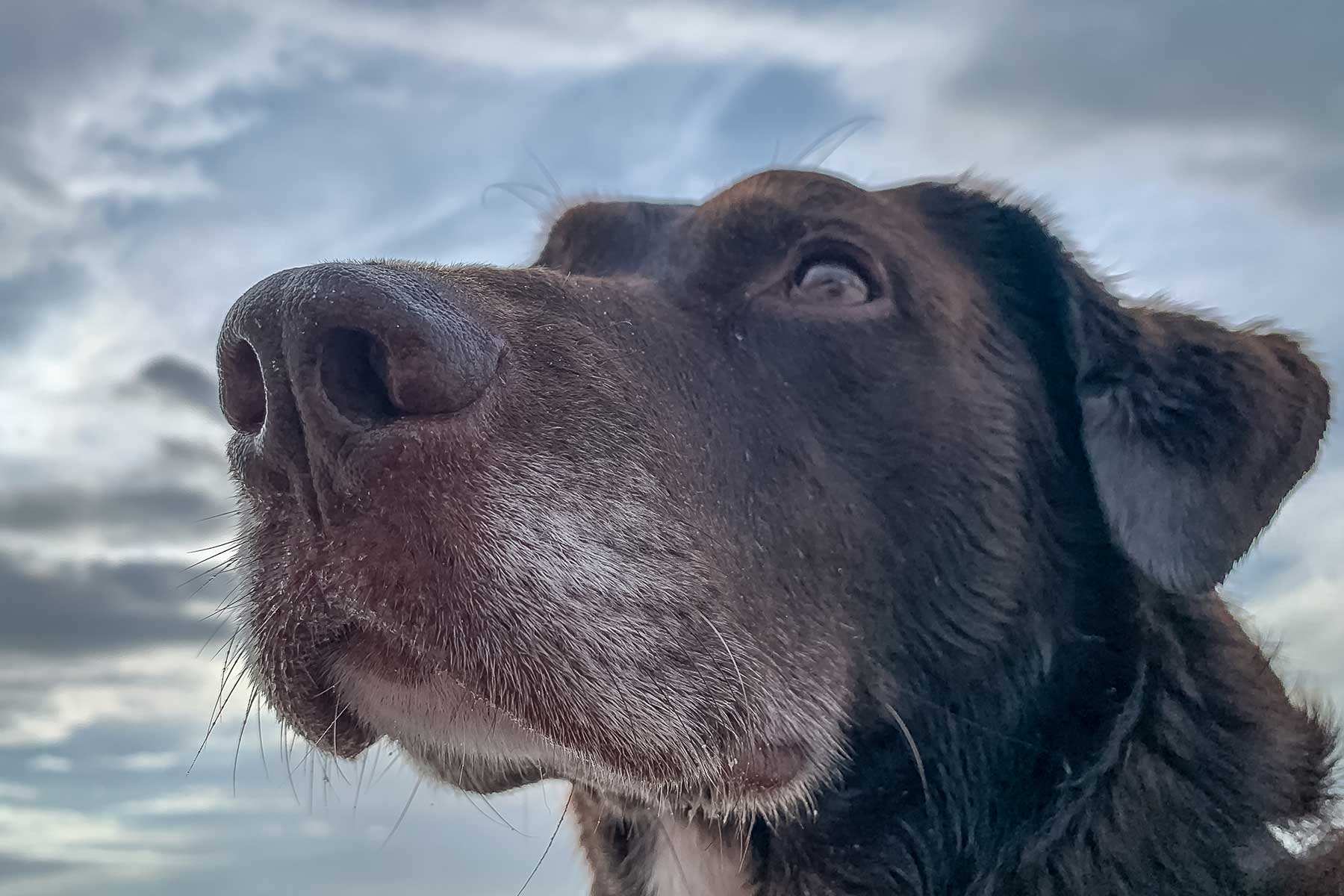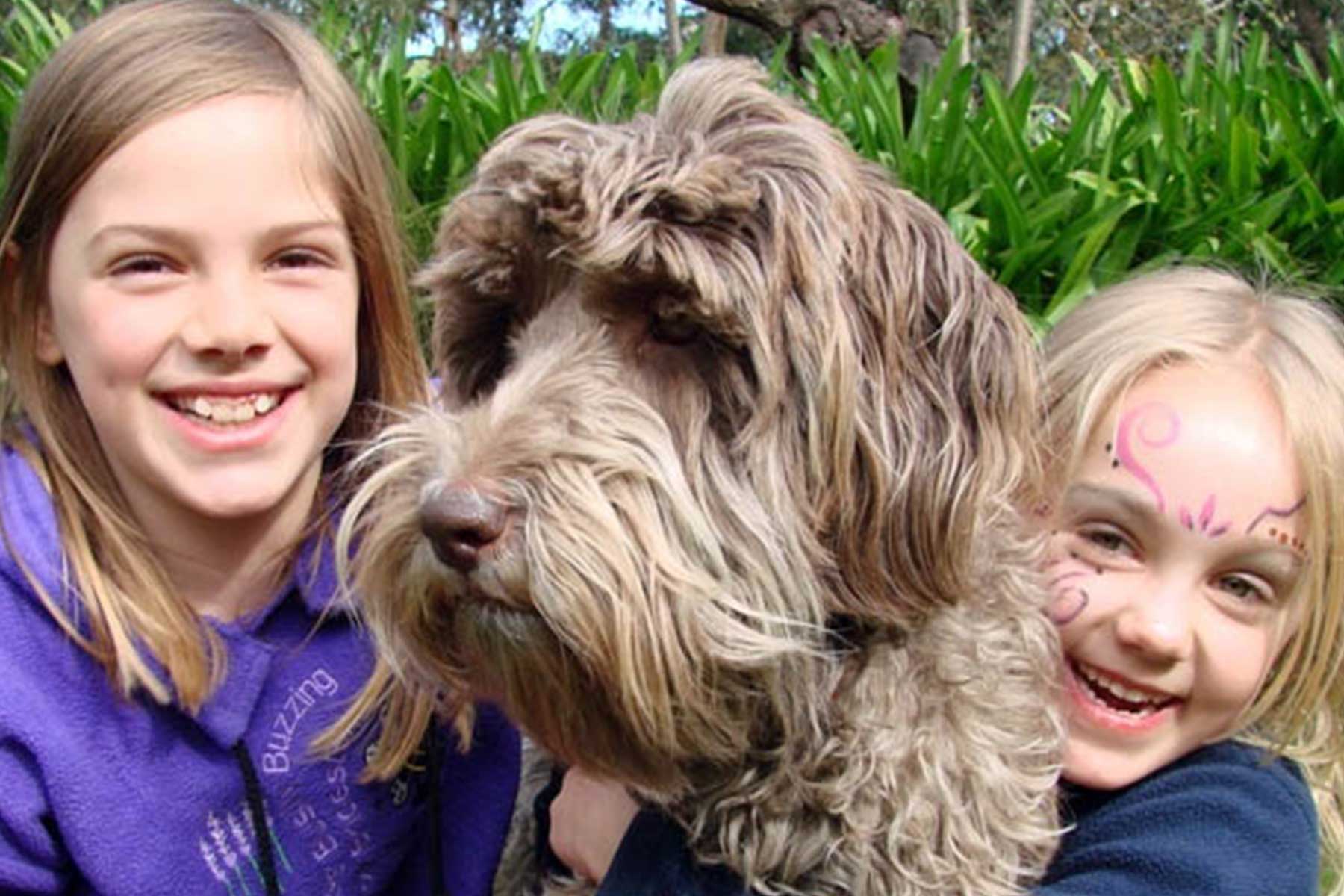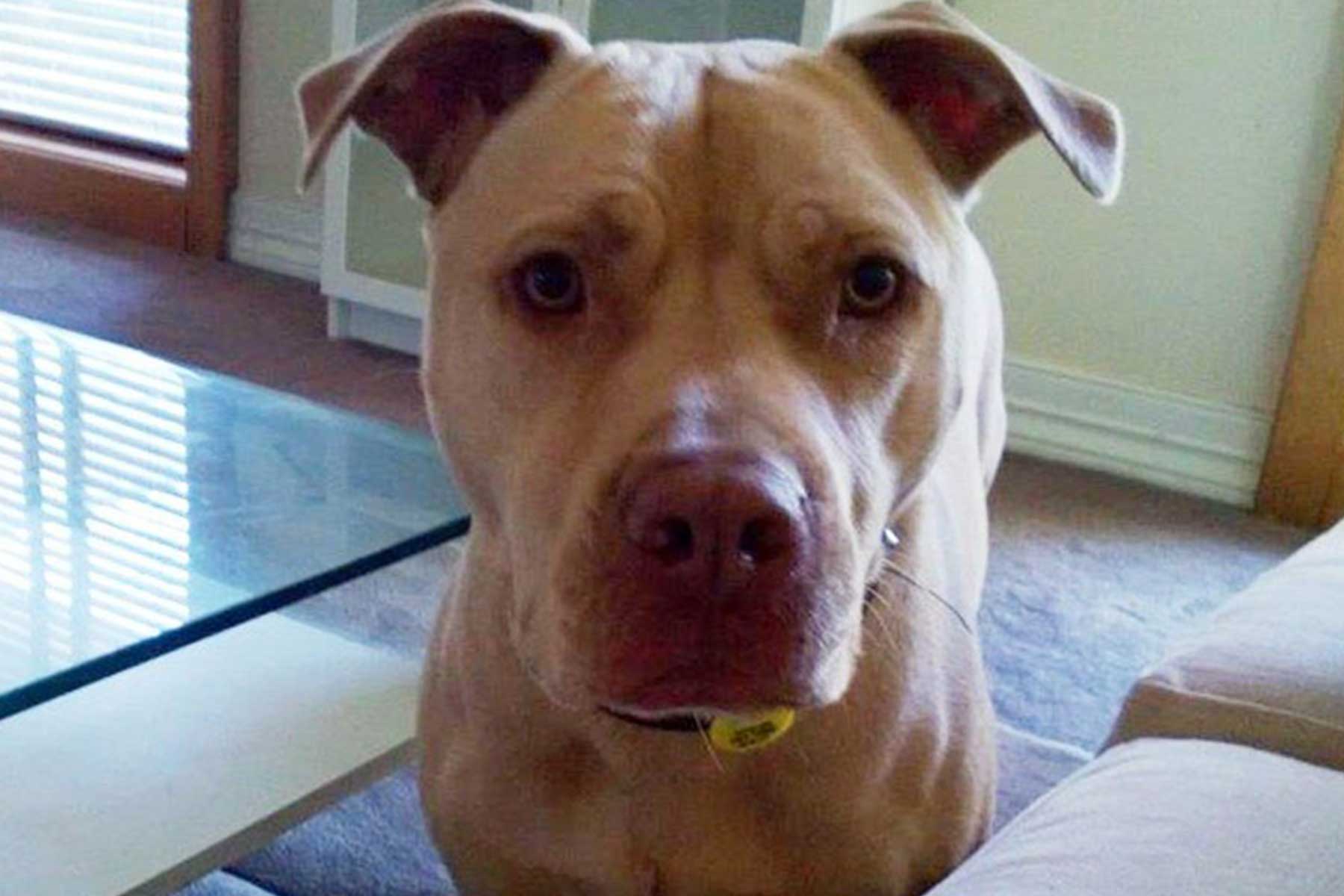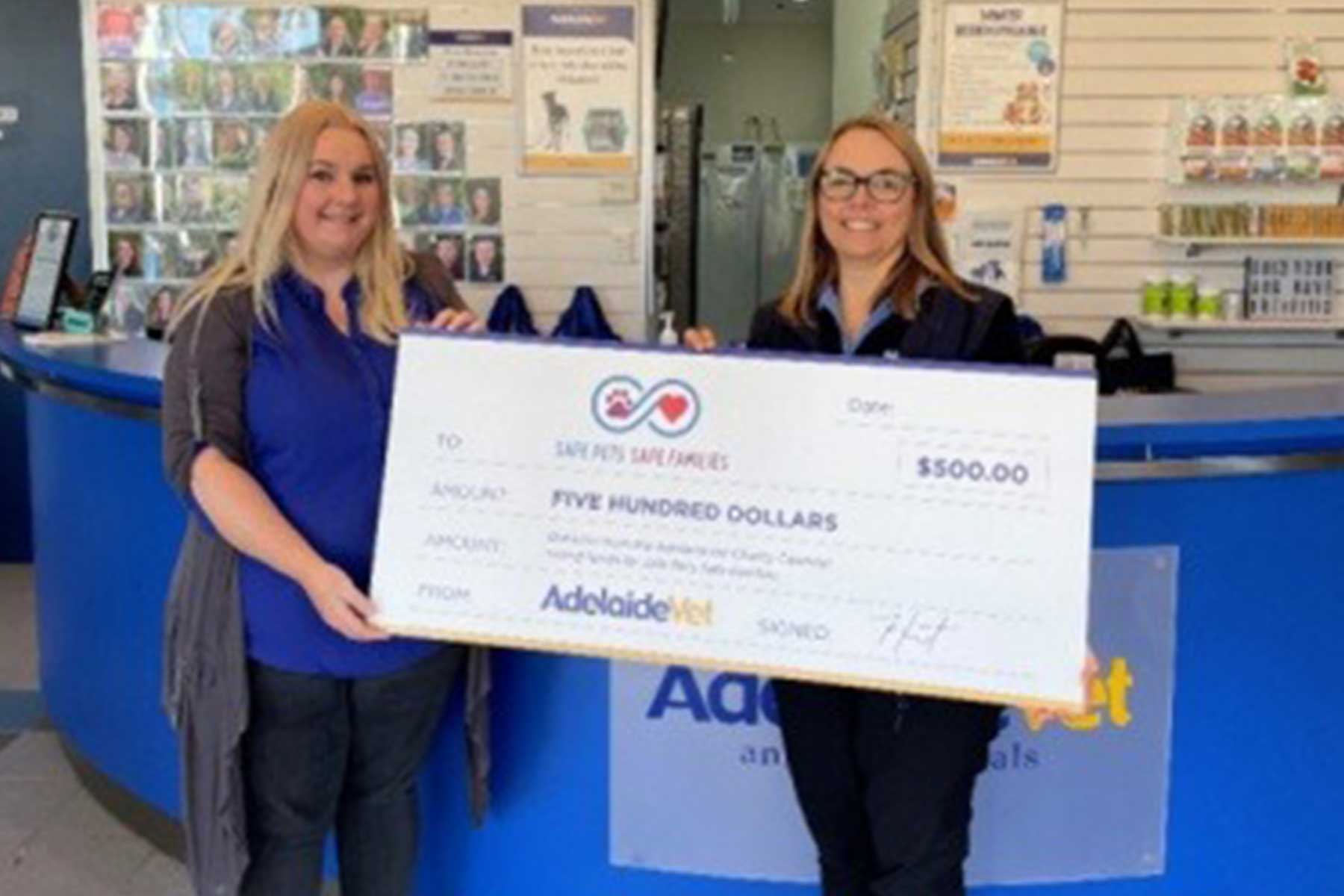The role of Animal Caretaker is an integral part of the AdelaideVet Team. Our Caretakers are responsible for keeping our hospitals clean and well stocked, our patients in comfortable accommodation, fed, walked and toileted and are the primary caregivers for our stray animals and injured fauna. At our Trinity Gardens’ clinic, being close to the foothills, we get a lot of native animals come into our care, from Koala’s to Reptiles! Here Claudia, one of our Caretakers at Trinity Gardens, discusses the care of abandoned and/or injured baby possums.
“As an Animal Caretaker, one of my roles is to take care of any wildlife that is brought into the clinic and look after them until they can be sent to an appropriate Wildlife Carer. We see lots of different species of wildlife such as birds, lizards and koalas. However, we frequently see possums, particularly baby possums!
When a baby possum is brought in by a member of the public, the first thing that occurs is a vet assessment. The vet will check for any injuries or abnormalities and provide a treatment plan if necessary. We then get a weight so that we can create a suitable feeding schedule. Baby possums have very specialised needs and need a specifically developed milk formula to give them the best chance of survival. Depending on the age of the possum, sometimes they will need hourly to three hourly feeds! Even before we can offer the possum any food, they need to be warm and hydrated otherwise they won’t eat.
We place the possum in a warm, quiet, dark area and give them about an hour to settle. We have heat mats to help us establish a temperature controlled environment, we then will fill a small box with blankets and a possum pouch. Keeping the baby warm is very important as they are unable to regulate their temperature until they are a bit bigger, and without our assistance will become cold very quickly! Sometimes if you visit the clinic at the right time you may see a staff member with a possum tucked into their top trying to share body heat to help the possum reach a warmer temperature at a quicker rate.
Once the possum has warmed up, we prepare their food. At our clinic, we use a milk formula by Wombaroo which is designed specifically for possums. Following the manufacturer’s guide, the mixture is made up with pre-boiled water. Sterility is very important when feeding babies, the milk needs to be kept in a sealed container and be warmed before feeding. It is not allowed to be reheated so we only heat up small amounts at a time. The temperature of the milk needs to be just right (not too hot and not too cold). A syringe and catheter tip is used as a makeshift teat to feed the possum. We record on a cage card the exact amount we managed to feed so we can ensure we are meeting daily nutrition requirements. This ‘teat’ feels very different to the baby though, from what it is used to so it takes patience and time to encourage the baby to suckle.
After every feed, the possum needs to be ‘toileted’ as they are not able to do it themselves when they are young, this is something Mum would take care of. We use a soft cotton ball and a tiny amount of warm water to assist with urination and defaecation; this is then recorded as well.
Our little baby then goes back to their warm pouch until the next feed is due.
Baby possums are very fragile beings and unfortunately, even with the best of care, the survival rate is quite low once they have been abandoned or lost from their Mother. This may be due to underlying health issues that the possum mother has identified and why the baby was abandoned in the first place. It may be due to injury the possum has sustained while waiting for rescue or even just the length of time in the elements prior to being found. Fortunately we are lucky that with the experience our team has had with possums we can give them a really good head start, we also have a trusted network of experienced fauna rescue carers who we can contact to take on these little babies for the rest of their care, leading up to release when they are older and stronger.
If you ever come across an injured or abandoned baby possum or any other wildlife please bring it into our clinic so that we can give it the appropriate care needed!

